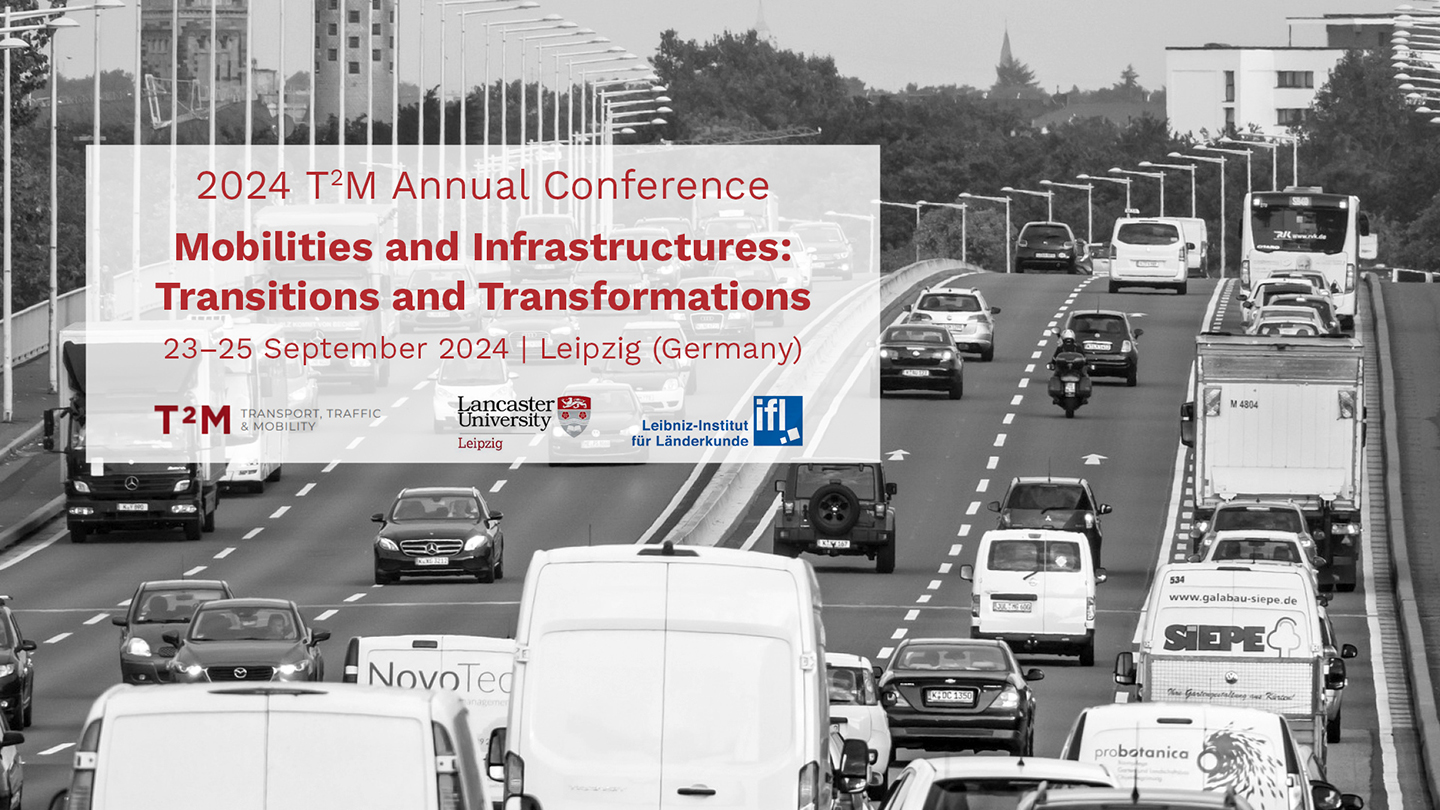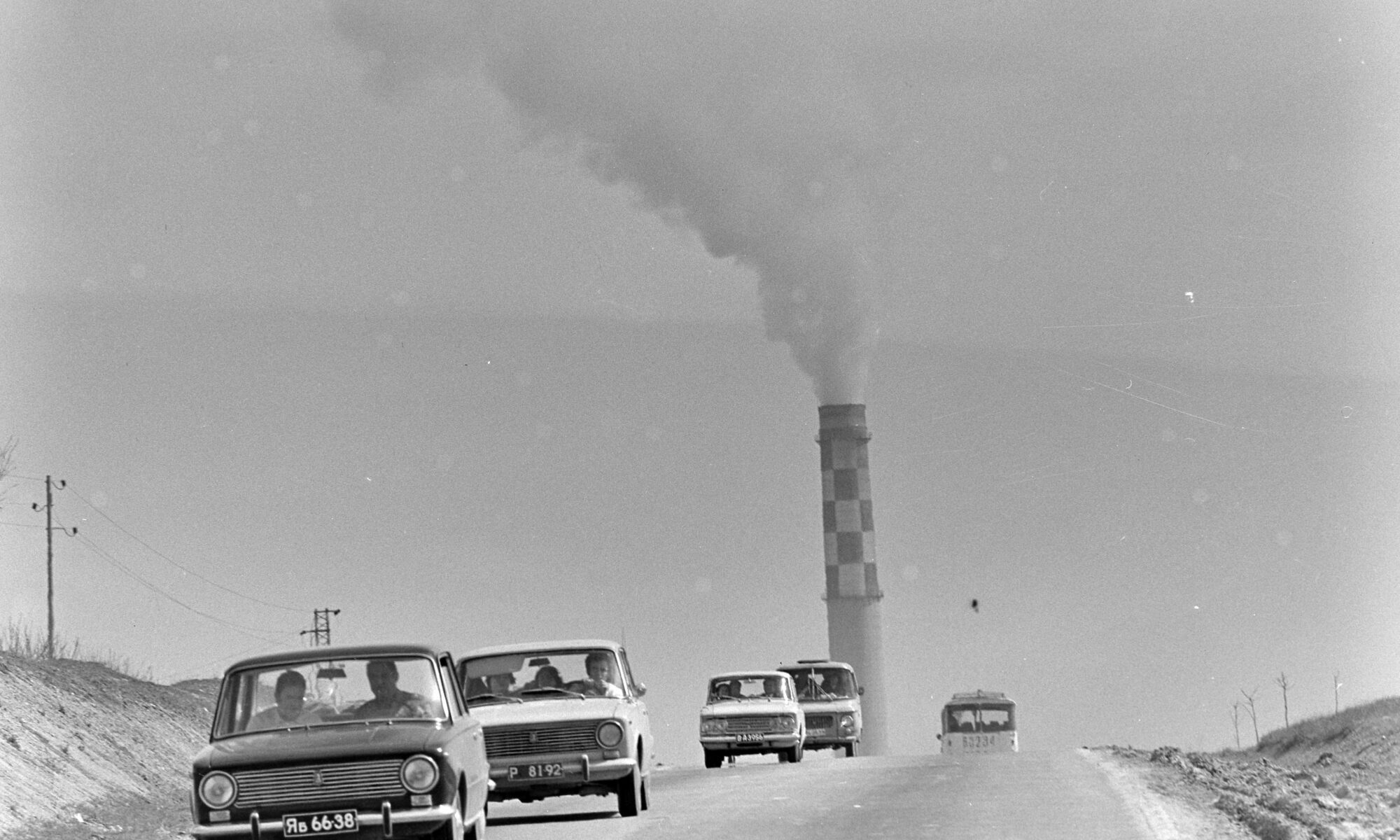23–25 September 2024, Leipzig, Germany
Organised by the Leibniz Institute for Regional Geography (IfL), and Lancaster University, Leipzig, Germany. Final Conference of the CoMoDe Project (Contentious Mobilities: Rethinking Mobility Transitions through a Decolonial Lens)
Mobilities and Infrastructures: Transitions and Transformations
Modern societies are experiencing striking technological, ecological, socio-economic and cultural as well as political challenges – with mobility questions at the forefront of these contentions. Actors and institutions across the globe increasingly recognize the need for systemic changes in the ways goods, people, ideas, policies and capital are set in motion – usually framed in the terms of “mobility transitions”. Green deal policies are drafted and “just transition” funds are set up, acknowledging that transition to carbon-free futures will require substantial resources to succeed, but also to avoid uneven and unfair socio-spatial effects on nations, regions, cities, and rural places. Existing research has already criticized mobility transition policies for their narrow normative assumptions, their reliance on large-scale infrastructures and technological innovations, and elaborated on the concepts of mobility justice and commoning mobility as a way of devising collective and collaborative means of shaping mobility transitions (Cresswell et. al 2021; Sheller 2018). It is therefore time to interrogate how and in which ways have “mobility transitions” been framed in different places at different times in their multifaceted histories.
Continue reading “2024 T2M ANNUAL CONFERENCE”

